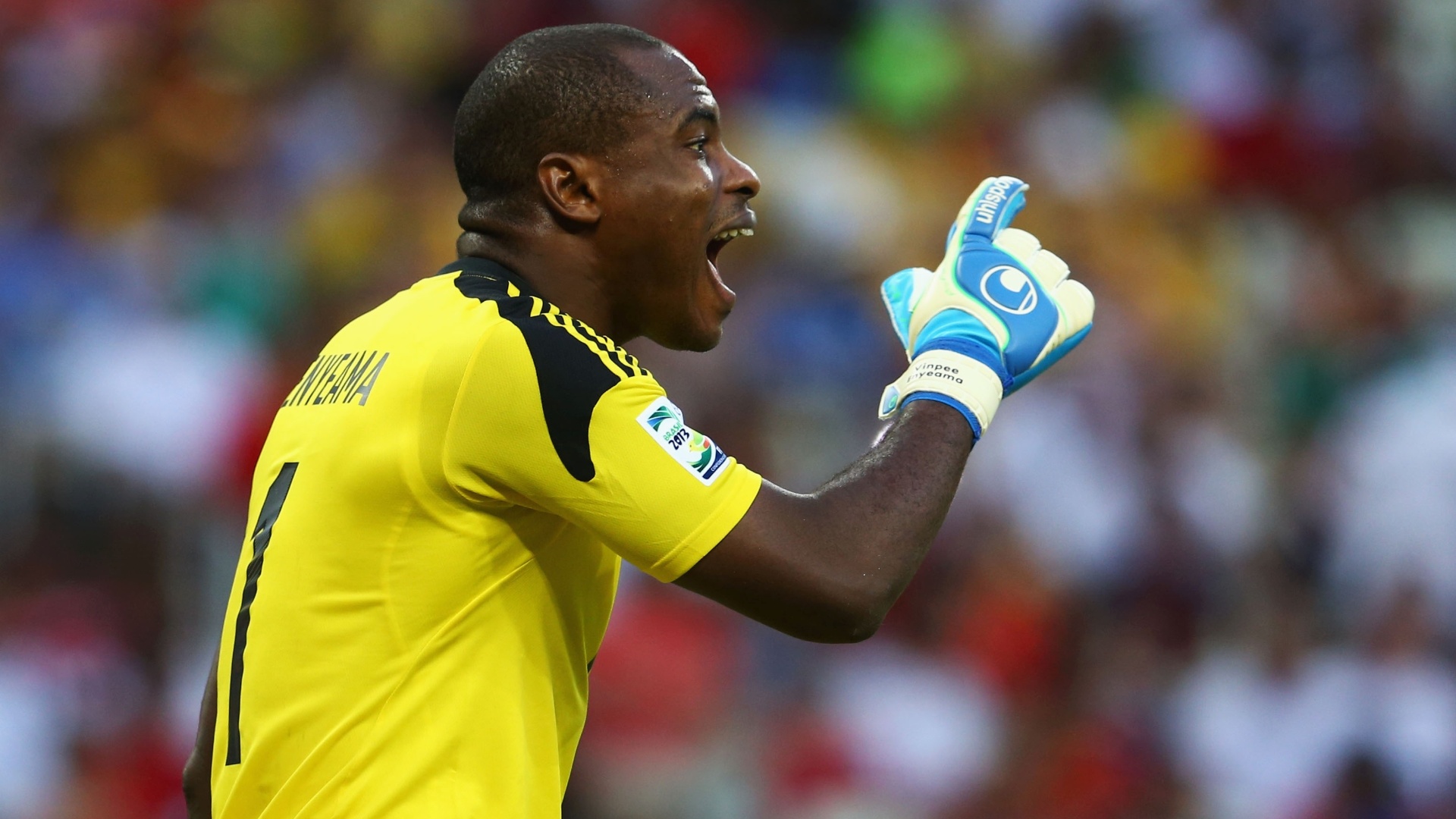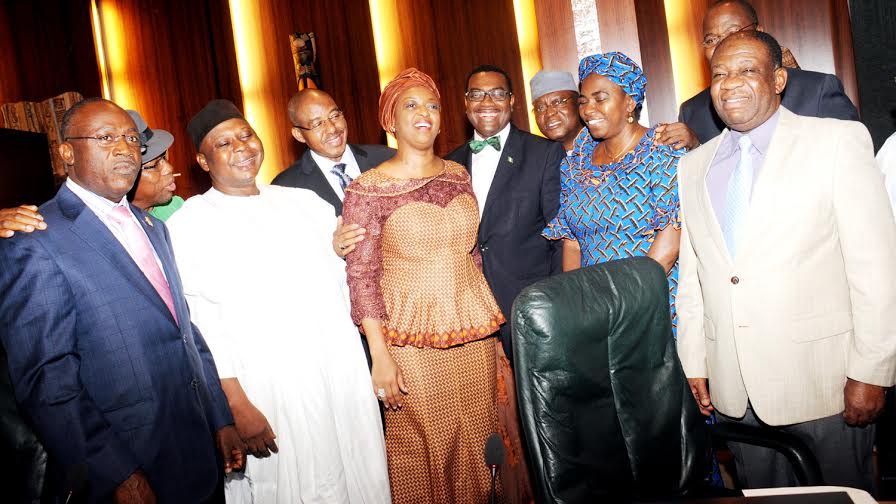Nigeria has recorded its best ranking on Transparency International’s corruption perception index (CPI) under President Goodluck Jonathan.
In the latest report by TI, Nigeria is ranked the 136th out of the 175 surveyed.
Nigeria was ranked 144th in 2013, 139th in 2012 and 143rd in 2011 ─ with the 2014 position bettering that of 2013 by eight places.
According to Transparency International’s report on corruption perception index for 2014, Denmark is the least corrupt country in the world as it ranked 1 of 175 nations surveyed, with Somalia and North Korea as the most corrupt nations of the world.
Advertisement
More than two thirds of the 175 countries in the 2014 Corruption Perceptions Index score below 50, on a scale from 0 (perceived to be highly corrupt) to 100 (perceived to be very clean).
Denmark comes out on top in 2014 with a score of 92, while Nigeria scored 27, with North Korea and Somalia share last place, scoring just eight.
Nigeria rose by 2 points from the 2013 index, where it had 25 points and 27 in 2012, highlighting Nigeria’s fluctuating commitment to the eradication of corruption.
Advertisement
Botswana maintained its spot as the least corrupt country in Africa and the 31st least corrupt country in the world, with 63 points, dropping from 64 in 2013 and 65 in 2012.
Despite corruption allegations against South African President, Jacob Zuma, the southern African nation was ranked the 67th least corrupt nation in the world, as against Africa’s biggest economy, Nigeria, which ranked the 136th least corrupt nation of the World.
Cobus de Swardt, Transparency International managing director, condemned the shoddy acts of governments and business owners around the world, clamouring transparency.
“None of us would fly on planes that do not register passengers, yet we allow secret companies to conceal illegal activity,” Swardt said.
Advertisement
“Public registers that show who really owns a company would make it harder for the corrupt to take off with the spoils of their abuse of power.”
Describing corruption, the non-governmental organisation said, poorly equipped schools, counterfeit medicine and elections decided by money are just some of the consequences of public sector corruption.
Bribes and backroom deals don’t just steal resources from the most vulnerable – they undermine justice and economic development, and destroy public trust in government and leaders.
The corruption perceptions index measures the perceived levels of public sector corruption worldwide.
Advertisement
Add a comment







